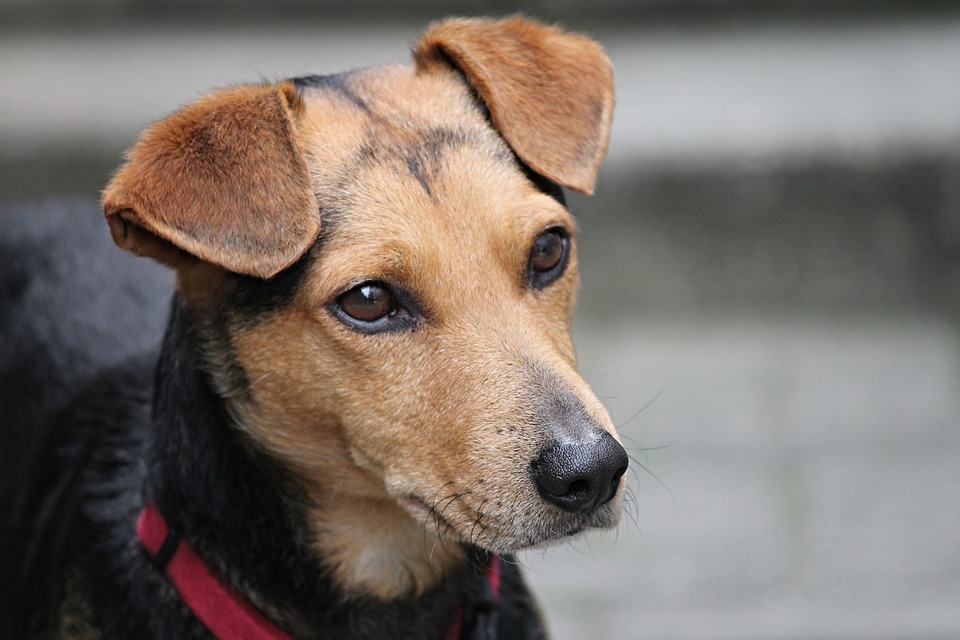
Introduction
Dogs are known to communicate with their owners in a variety of ways, and one of the most common forms of communication is through vocalization. Some breeds are more vocal than others, and it's important for potential dog owners to consider this when choosing a breed that fits their lifestyle. In this article, we will explore the 10 most vocal dog breeds and discuss why they are known for their vocal tendencies.
1. Beagle
The beagle is a small to medium-sized hound breed known for its loud and distinct howl. Beagles are often used as hunting dogs, and their vocalization is an important skill for locating prey. They are also known for their friendly and curious nature, making them great family pets despite their vocal tendencies.
2. Dachshund
The dachshund, also known as the "wiener dog," is a small breed with a big bark. Dachshunds were originally bred to be badger hunters, and their loud bark helped alert their owners to their location in underground burrows. Despite their small size, dachshunds are known for their fearless and vocal nature.
3. Chihuahua
Chihuahuas are the smallest breed of dog and also one of the most vocal. They are known for their loud, high-pitched bark and are often labeled as "yappy" dogs. Chihuahuas are fiercely loyal to their owners and will vocalize to alert them to potential dangers or intruders.
4. Miniature Schnauzer
Miniature schnauzers are a small breed with a big personality. They are known for their loud and persistent barking, which can be problematic if not properly trained. Miniature schnauzers are also very intelligent and make great watchdogs, using their vocalization to alert their owners to any potential threats.
5. Siberian Husky
Siberian huskies are a medium-sized working breed known for their wolf-like appearance and vocal tendencies. They are known for their howling, which can be quite loud and haunting. Huskies are very social dogs and often vocalize to communicate with their owners and other dogs.
6. Pomeranian
Pomeranians are a small breed known for their fluffy coat and big personality. They are also known for their excessive barking, which can make them a handful for some owners. Pomeranians are very loyal and make great watchdogs, using their vocalization to alert their owners to any potential threats.
7. Basenji
The basenji is a small hunting breed known for its unique yodel-like vocalization. Unlike most dogs, basenjis do not bark, but they are still considered one of the most vocal breeds due to their distinctive yodel. Basenjis are also known for their independent and cat-like behavior.
8. Shetland Sheepdog
Shetland sheepdogs, also known as "shelties," are a small herding breed known for their loud and persistent barking. They are highly intelligent and vocalize to communicate with their owners and alert them to any potential threats. Shelties are also very loyal and make great family pets.
9. Pekingese
The pekingese is a small toy breed known for its lion-like appearance and loud bark. Pekingese are known for their regal and independent nature, and they are not afraid to use their vocalization to get what they want. They are also very loyal to their owners and make great companions.
10. Basset Hound
The basset hound is a medium-sized hound breed known for its distinctive howl. Basset hounds were originally bred to be hunting dogs, and their vocalization is an important skill for tracking prey. They are also known for their gentle and laid-back nature, making them great family pets despite their vocal tendencies.
Conclusion
While some people may be put off by vocal dog breeds, it's important to remember that a dog's vocalization is often a reflection of their breed's history and purpose. Many vocal breeds were originally bred for hunting or herding, and their vocalization was a key part of their job. With proper training and socialization, vocal dogs can make excellent companions and family pets.
FAQs
1. Are vocal breeds difficult to train?
While vocal breeds may be more prone to barking or howling, they are not necessarily more difficult to train. With consistent training and positive reinforcement, vocal dogs can learn to control their vocalization and respond to commands.
2. How can I reduce my dog's vocalization?
Reducing a dog's vocalization requires patience and consistency. Some strategies include providing regular exercise, mental stimulation, and proper socialization. It's also important to address any underlying anxiety or fear that may be causing excessive vocalization.


